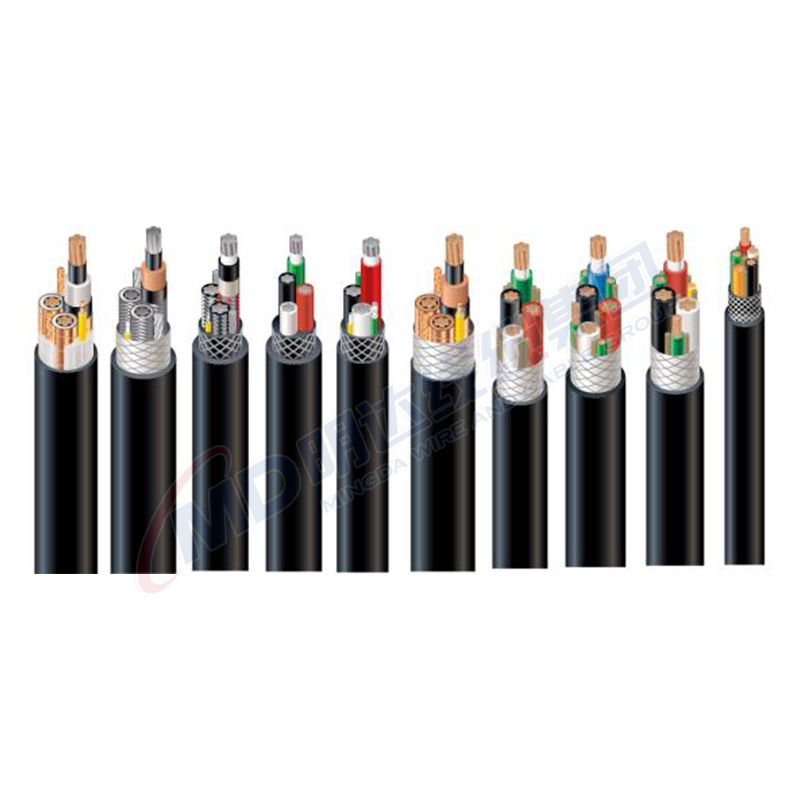Sep . 14, 2024 19:12 Back to list
ss ball valve flange type
Understanding SS Ball Valve Flange Type A Comprehensive Overview
Ball valves are essential components in various industrial applications, providing efficient control over fluid flow. Among the different types of ball valves, the SS (Stainless Steel) ball valve with a flange type is gaining significant popularity due to its durability and reliability. This article delves into the features, advantages, and applications of SS ball valve flange types.
What is an SS Ball Valve?
An SS ball valve is a quarter-turn valve that uses a hollow, perforated, and pivoting ball to control the flow of liquids and gases. The ball has a hole, or port, through its center. When the valve handle is turned to align the hole with the flow, the fluid can pass through. Conversely, turning the handle perpendicular to the flow will block it. The stainless steel construction enhances the valve’s strength and resistance to corrosion, making it ideal for harsh environments.
Flange Type Connection
The flange type of connection is one of the most common methods used to secure a ball valve within a piping system. Flanges are flat pieces of metal attached to the valve body, projecting out to create a sealing surface. They are bolted to corresponding flanges on pipes, providing a robust and leak-proof connection. This design allows for easy installation and removal, making maintenance straightforward.
Key Advantages of SS Ball Valve Flange Type
ss ball valve flange type

1. Durability Stainless steel is known for its high strength and resistance to oxidation, ensuring long-lasting performance even in corrosive environments.
2. Versatility SS ball valves with flanged connections are suitable for a wide range of applications, including water treatment, oil and gas, chemical processing, and food manufacturing.
3. Easy Maintenance The flange design simplifies the process of inspecting and replacing valves without requiring extensive disassembly of the piping system.
4. Reliable Sealing The tight seal provided by flanged connections minimizes the risk of leakage, ensuring the safety and efficiency of the fluid transport system.
Conclusion
In summary, the SS ball valve flange type represents a reliable and efficient solution for a variety of industries. Its robust construction, ease of maintenance, and effective sealing capabilities make it a preferred choice among engineers and maintenance professionals. As industries continue to advance, the demand for reliable valve solutions like the SS ball valve will undoubtedly grow, solidifying its position as a key player in fluid control technology. When selecting a valve for your next project, consider the benefits that stainless steel ball valves with flanged connections can offer.
Share
-
Reliable Wafer Type Butterfly Valves for Every IndustryNewsJul.25,2025
-
Reliable Flow Control Begins with the Right Ball Check ValveNewsJul.25,2025
-
Precision Flow Control Starts with Quality ValvesNewsJul.25,2025
-
Industrial Flow Control ReliabilityNewsJul.25,2025
-
Engineered for Efficiency Gate Valves That Power Industrial PerformanceNewsJul.25,2025
-
Empowering Infrastructure Through Quality ManufacturingNewsJul.25,2025